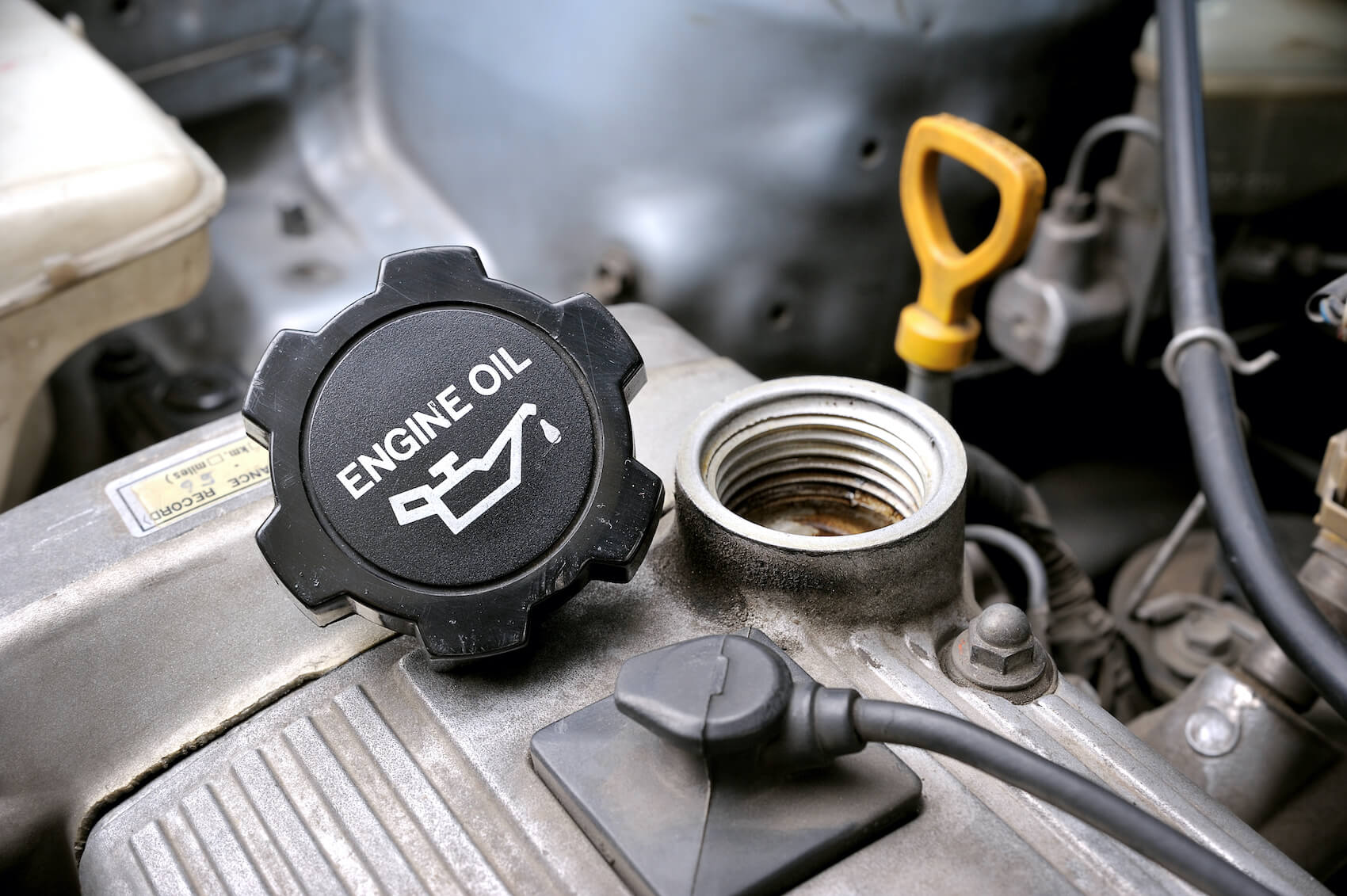Conventional Oil vs Synthetic Oil

Love is at the heart of a Subaru. To get your Subaru’s heart pumping efficiently for the many drives and adventures around Grapevine, Fort Worth, and Dallas, Texas, your model is going to need the right oil to keep it rolling.
For years, there has been a debate over conventional oil vs. synthetic oil. If you’re interested in finding out which oil is right for your Subaru, our team at Sam Pack’s Five Star Subaru has your back. We’ve done the research and put it in this trusty guide. Let’s get started.

First, let’s begin by talking about conventional oil: the classic choice. This motor oil option is a natural resource that has been aiding engine health for years.
This motor oil is derived from refined crude, which makes it a thicker formula. Due to its viscosity, this type of oil is best for older models that operate slower compared to a high-performance vehicle currently on the market.

On the other hand, there’s synthetic oil, which is a man-made fluid. Since they are not naturally occurring, manufacturers must combine synthetic oils with crude oil to create a product that performs like conventional oil.
Since synthetic oil is manufactured and not found, you’ll have two synthetic oil options to choose from: full synthetic oil or synthetic blend. These fluids can be mixed to meet your model’s necessary protection and performance levels.
Now that you know a little more about conventional oil and synthetic oil, you’re probably wondering which is best for your Subaru. While conventional oil is easier on your pocket, it does not offer the same benefits to newer cars as it does to aging models. Additionally, conventional oil can create sludge deposits easier, which reduces engine performance.
With that being said, we believe that synthetic oil is the best choice for your vehicle. Here are a few reasons why:
- Its molecular size causes less friction between parts
- It can reduce sludge deposits
- Its additives boost engine protection
- It can help clean sludge out of your engine
- It functions better in cold and extreme climates
On top of those benefits, synthetic oil can provide better protection against corrosion and water contamination, can give you more time between your oil change services, and can withstand extended periods operating in extremely hot temperatures (when in the sun or while towing, for example).
We’ve compiled a list of some of our most asked questions down below!
When Do You Need to Change Out Synthetic Oil?
Typically, you should change out your synthetic oil every 10,000 miles at most.
What Type of Cars Are Best for Synthetic Oil?
If you drive a high-performance model that you often take on long treks to work or to play, synthetic oil will suit your car best.
However, if you’re used to driving in the city and experience a lot of stop-and-go traffic, you may consider a synthetic blend.
Can I Easily Switch to Synthetic Oil from Conventional Oil?
Absolutely! Just make sure to tell your technician at your next oil change to make the switch for you.
Have any questions? Contact us or stop by Sam Pack’s Five Star Subaru near Grapevine, Fort Worth, and Dallas, TX, today to get further informed on the conventional oil vs. synthetic oil debate.















